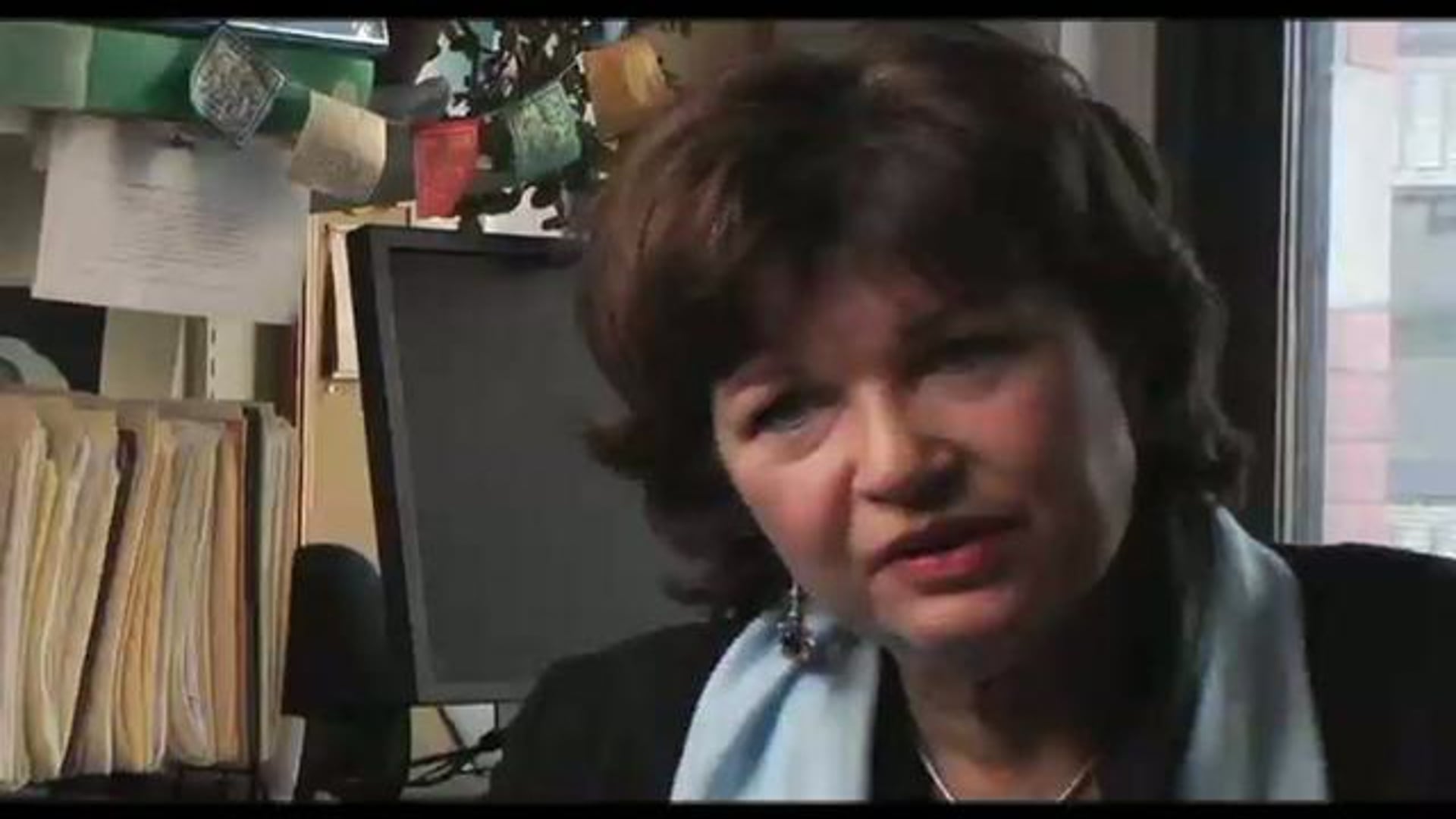Using violence against women out of privilege
When a man gets sentenced for a domestic assault, a “presents investigation” is done by probation. And in that “presents investigation” he will be more than likely ordered to a men’s program, which would be more than likely our program here…When we work with men, it’s based on an understanding that men are using violence out of privilege. That there is a hierarchical way that they have of understanding themselves, the world, and the women they are with. And so, when men are at the top of a hierarchy, and the reason that they are there is because they can be. They physically can enforce their will in the home. When I show that to men, say at an orientation, it’s their first class. And I tell them that there’s a little resistance, because they feel like she’s on top. They feel like because the system has intervened, and equalized a little bit, the power imbalance. Losing when your at the top of the hierarchy, when your coming off of it, feels like you’re at the bottom. So they struggle with that idea a bit. But, when I tell them if there is a decision to be made in the house, and you want your way, she can fight you, she can throw stuff at you, she can do all kinds of things, but ultimately if somebody’s going down, its not going to be you, and that resonates, they know that. And so we work with them to try to get them to see how that works in their family.
The character flaw in her
For example, when these men oppress their partners whether it’s calling her a name or actually physically being violent with her, they’re oppressing her, and when you have oppression, whether you’re talking about an individual or a group, there will be resistance. But they don’t see that resistance. They don’t see it as resistance. They see it as a character flaw in her. She’s crazy, she steals money, you can’t trust her, she lies. Well you can’t tell the truth to somebody who can hurt you because of the truth. So you say what the person wants to hear, but they see that as a character flaw that you can’t trust women because they don’t tell you the truth. So, as the men begin to see this interconnection between what they do to her and how she has to operate to be safe that becomes quite an impactful experience for the men, because now, wow. In fact, one guy said, we put all this stuff up on the board about what happens to a woman when she’s being battered in a home. And the men came up with it. And when this one particular gentlemen looked at all the stuff on the board he said, you know, “That’s Anne, I thought she was just crazy, but I did that to her.” And then, he paused and said, “You know and I’ve been asking for forgiveness from her for months, and if I did that to her I don’t deserve it.” So, there’s this acknowledgment of the impact of what they’ve done. The next step though is how do you act different so that you can get out of this way of oppressing her in the home.
Again, in the focus groups that I’ve had with the men who’ve changed, I’ve asked them what did you think of the program, what did you think of me when you met me in orientation, and they thought that I was a spineless man. That I had gone over to the other side, they had some other names to call me too. They thought that the program was totally on the side of women, that it really wasn’t going to care about who they were as men. And that’s kind of the general impression, which is where all the resistance comes from. They think they are going to come in here, they are going to sit down, and somebody is going to stand over them and say, “this is who you are, you’ve done this, you’re nothing but this, and you need to change. And, when they come in, they find out that that just isn’t the way that we operate. It isn’t just- from the very first conversation we have, they start realizing I do I am interested in who they are.



